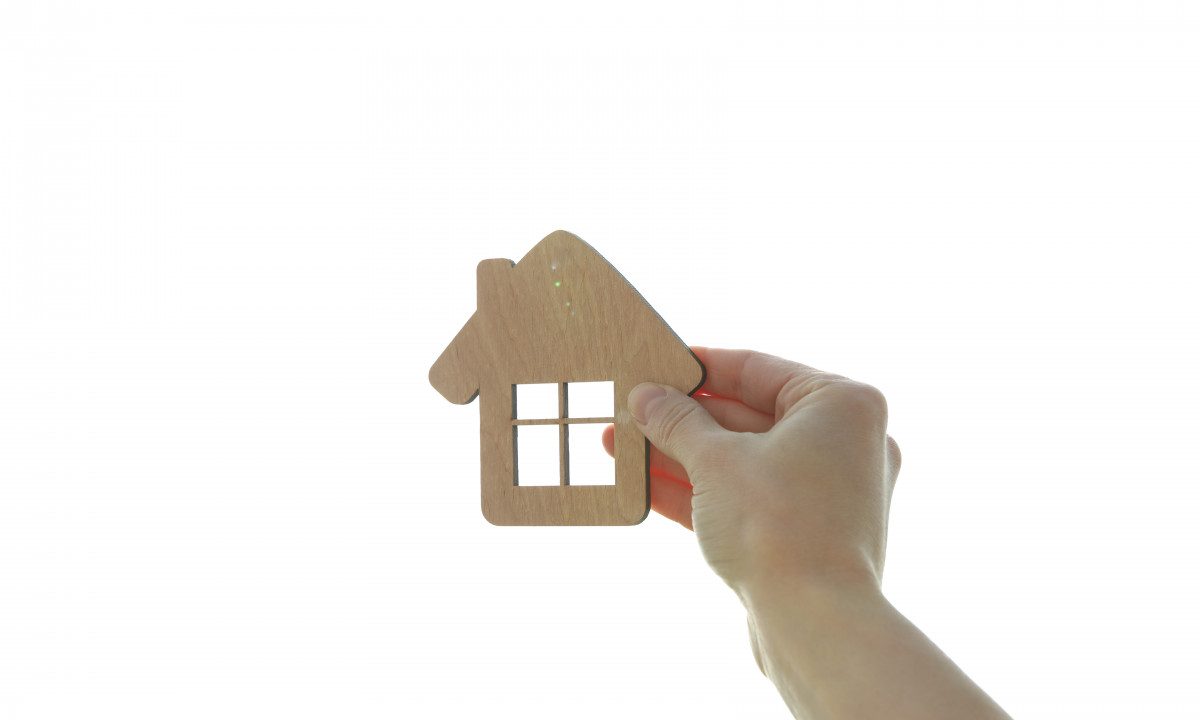The Untapped Gold Mine of Smart Homes: A Deep Dive into Hidden Opportunities
The smart home revolution has been steadily gaining momentum, transforming our living spaces into interconnected ecosystems of convenience and efficiency. While many are familiar with the common features like voice-activated assistants and smart thermostats, a vast untapped gold mine of opportunities lies beneath the surface. This article delves into the hidden potential of smart homes, exploring innovative applications, emerging technologies, and the untapped business potential that awaits those who can harness it.
Beyond the Basics: Unconventional Smart Home Applications
While the mainstream perception of smart homes revolves around comfort and convenience, the possibilities extend far beyond. Here are some unconventional applications that are gaining traction:
- Healthcare: Smart home technology can revolutionize healthcare by enabling remote patient monitoring, medication adherence tracking, and early detection of health issues. For instance, sensors can detect falls, monitor vital signs, and provide real-time alerts to caregivers.
- Education: Smart homes can create personalized learning environments, adapting to individual students’ needs and paces. Interactive devices, virtual reality, and augmented reality can enhance the educational experience.
- Energy Efficiency: Beyond smart thermostats, smart homes can optimize energy consumption through intelligent lighting systems, efficient appliances, and energy management platforms. This not only reduces utility bills but also contributes to a more sustainable future.
- Security: Smart home security systems go beyond traditional alarms, incorporating video surveillance, smart locks, and intrusion detection systems. These technologies can deter crime, provide evidence in case of incidents, and offer peace of mind to homeowners.
- Accessibility: Smart home technology can make homes more accessible for individuals with disabilities. Voice control, automated blinds, and motorized doors can enhance independence and quality of life.
Emerging Technologies: The Next Wave of Smart Home Innovation
As technology continues to advance, new and exciting possibilities are emerging in the smart home space:
- Artificial Intelligence (AI): AI-powered smart homes can learn and adapt to user preferences, anticipate needs, and optimize performance. For example, AI can personalize heating and cooling settings, recommend energy-saving measures, and even anticipate maintenance requirements.
- Internet of Things (IoT): The IoT connects everyday objects to the internet, enabling them to communicate and interact with each other. This creates a vast network of interconnected devices within the smart home, unlocking new possibilities for automation, control, and data analysis.
- 5G Connectivity: The rollout of 5G networks is expected to revolutionize smart homes by providing faster speeds, lower latency, and greater reliability. This will enable more advanced applications, such as real-time video streaming, remote control of devices, and seamless integration with other smart technologies.
- Biometrics: Biometric authentication, including fingerprint recognition, facial recognition, and voice recognition, can enhance security and convenience in smart homes. This technology can be used to unlock doors, access devices, and personalize settings based on individual users.
The Untapped Business Potential
The smart home market is experiencing rapid growth, driven by increasing consumer demand, technological advancements, and the convergence of various industries. For businesses, this presents a significant opportunity to capitalize on the untapped potential of this emerging sector.
- Product Development: Companies can develop innovative smart home products and services that address specific needs and preferences. This could include everything from advanced security systems to personalized energy management solutions.
- Partnerships and Collaborations: Partnerships between technology companies, homebuilders, and service providers can accelerate the adoption of smart home technology and create new value propositions for consumers.
- Data Monetization: Smart homes generate a vast amount of data that can be analyzed to extract valuable insights. Businesses can monetize this data by offering targeted advertising, personalized services, and data-driven analytics.
- Subscription Models: Subscription-based models can provide a recurring revenue stream for smart home businesses, offering ongoing support, updates, and new features.
Challenges and Opportunities
While the potential of smart homes is immense, there are also significant challenges to overcome:
- Privacy Concerns: The collection and sharing of personal data raise privacy concerns, which must be addressed through robust security measures and transparent data practices.
- Interoperability: Ensuring compatibility and seamless integration between different smart home devices and platforms remains a challenge. Industry standards and open protocols can help address this issue.
- Cost: The initial investment in smart home technology can be high, limiting adoption for some consumers. Affordable and flexible financing options can help overcome this barrier.
- Complexity: The complexity of setting up and managing smart homes can be daunting for some users. User-friendly interfaces and simplified installation processes are essential for widespread adoption.
Despite these challenges, the future of smart homes looks promising. By addressing privacy concerns, improving interoperability, and making smart home technology more accessible and affordable, businesses can unlock the untapped potential of this emerging market and create a more connected, convenient, and sustainable future.





